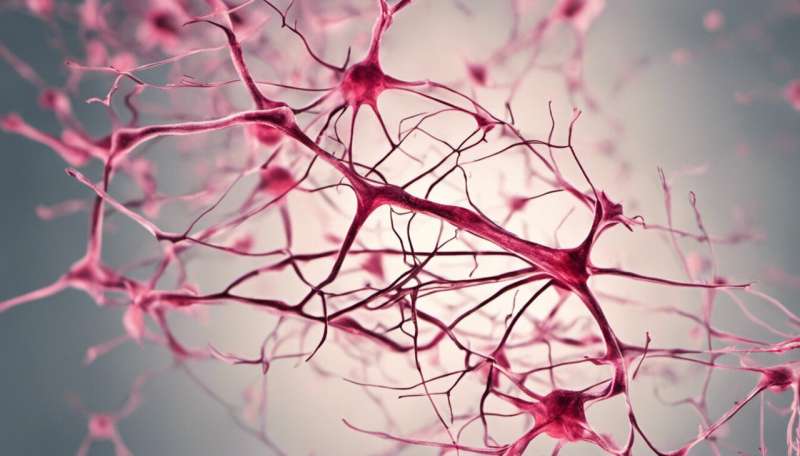Scientists to treat Parkinson's disease with brain cell transplants

EU scientists are researching an innovative treatment that grafts dopamine cells into the brains of patients with Parkinson's Disease that could substantially improve their lives.
TRANSEURO, an EU research project, has set itself the ambitious aim to help improve the quality of life of patients diagnosed with Parkinson's Disease. To do this, it is studying patients with a relatively young onset of the disease and their tolerance to an innovative treatment which involves transplanting fetal ventral mesencephalic tissue.
'We hope to be able to show that we can safely and effectively transplant dopaminergic cells into the brains of patients with Parkinson's Disease that produce dopamine and make many aspects of the disease better,' says Professor Roger Barker, TRANSEURO project coordinator.
Parkinson's is a degenerative disorder of the central nervous system that mainly affects the motor system. Although it is not fatal in itself, as it progresses it can lead to more serious situations such as falls, swallowing problems and difficulties thinking.
Scientists have discovered that one of the main problems in the disease is the progressive loss of dopamine in the brain. Dopamine works as a neurotransmitter – a chemical released by neurons to send signals to other nerve cells. As levels drop a patient may develop rigidity, slowness of movement (bradykinesia), tremours, and problems with gait and posture.
Today, treatments for Parkinson's counteract the loss of dopamine with symptomatic dopaminergic drug therapies such as levodopa. This can significantly help patients especially in the early stages of the disease. However, as the disease progresses these drugs are less effective and can trigger new problems like drug-induced motor complications. 'Drug therapies become increasingly disappointing so other approaches are used. This can include neurosurgical interventions such as deep brain stimulation. These treatments can work, but after time they too start to fail,' explains Barker.
TRANSEURO's innovative approach has its roots back in the 1980s. Clinical trials involving the transplant of healthy human fetal dopaminergic neurons first took place in Sweden. They showed that the transplanted cells could survive and function for a long while helping patients to counter bradykinesia and rigidity.
'For many patients this led to a reduction in their medication, and some were able to stop taking it altogether for some time. However, some patients developed graft induced problems with involuntary movements driven by the transplant which were so severe that some patients had to undergo neurosurgical interventions to reduce them,' Barker says.
TRANSEURO has taken up the baton and is aiming to move transplant technology into new territory. The project has improved the way cells are prepared for grafting, including how they are stored prior to implantation. Moreover, they are focusing on younger patients who are most likely to benefit from the treatment.
'The project has gathered all available expertise to eliminate the risk of the previous complications. Grafting technologies have been improved as well as patient selection. We hope this new trial will pave the way for the introduction and testing of stem cell based dopamine treatments for Parkinson's,' outlines Barker. Using stem cells would avoid using fetal tissue which can be in short supply and hold back procedures.
The first TRANSEURO patient was grafted using dopamine cells from fetal tissue in May 2015. Barker hopes that the project, alongside two other EU-funded projects – NEUROSTEMCELL and NEUROSTEMCELL REPAIR – will hopefully lead to the first in-human transplant trial using stem cell derived dopamine neurons in 2018 or 2019.
More information: Project website: www.transeuro.org.uk/

















